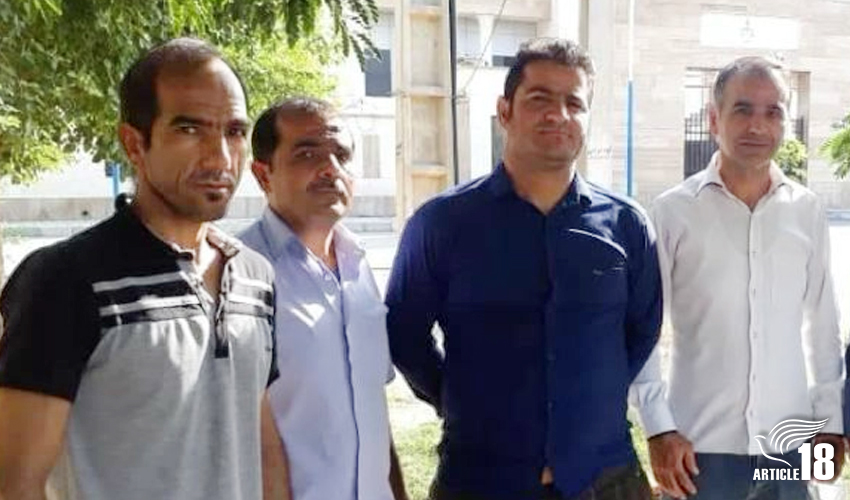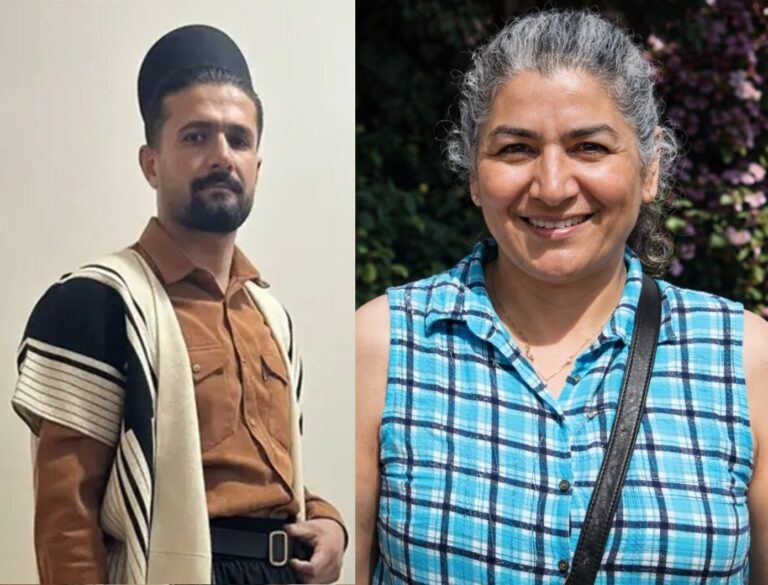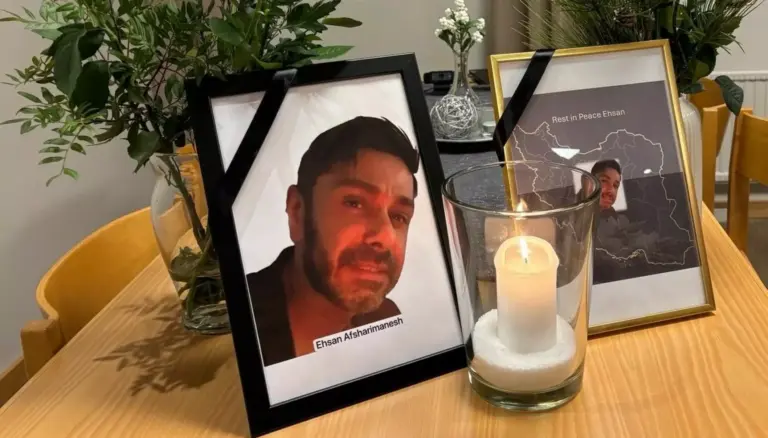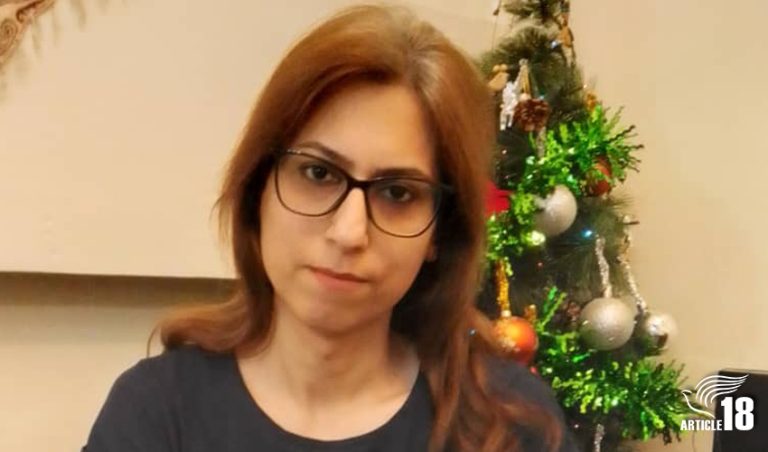
Intelligence agents in the southwestern city of Dezful are reportedly refusing to hand back the personal belongings of four Christian converts recently charged with “propaganda against the Islamic Republic”, despite being ordered to do so by the court.
The lawyer for the four men, Iman Soleimani, told Mohabat News that the Christians cannot afford to purchase replacement items, and that several of the items, such as phones and computers, are “urgently needed” for their children ahead of the new academic year.
The four Christians – Esmaeil Narimanpour, Alireza Varak-Shah, Mohammad Ali (Davoud) Torabi, and Mohammad Kayidgap – were charged on 3 August at the 4th branch of the prosecutor’s office of the Civil and Revolutionary Court of Dezful.
Meanwhile, four other Christians who are part of the same case – Hojjat Lotfi Khalaf, Alireza Roshanaei Zadeh, Masoud Nabi, and Mohsen Saadati Zadeh – have not yet been officially charged, but are also expected soon to be summoned to face the same charges.
No date has yet been set for the next hearing, but the four charged Christians were each forced to appoint a guarantor to pay their 30 million toman ($1,300) bail should they fail to attend.
Four of the eight men – Esmaeil, Davoud, Hojjat, and Alireza Varak-Shah – were arrested in April and released two days later, after signing statements pledging to appear when summoned.
The other four named Christians and several others were interrogated at the same time and ordered to sign commitments to refrain from further Christian activities.
Some of the Christians, including Esmaeil, were beaten during these interrogations.
The charges against the men fall under Article 500 of the Islamic Penal Code, one of two articles controversially amended earlier this year.
Several other Christian converts have faced charges under the amended Article 500 so far this year, including three men in Karaj who in June were given the maximum prison sentence of five years.
Two other Christian converts, Hamed Ashouri and Reza Zaeemi, recently began serving their own prison sentences – of 10 and nine months, respectively – on the same charges.
In every case, the charges relate to their membership of house-churches, which Iran’s judiciary has labelled “enemy groups” of a “Zionist cult” but in reality are no different from the “house groups” attended by Christians around the world, with members coming together to read the Bible and sing Christian worship songs.
In Iran, Christian converts are not permitted to attend the churches of the Assyrian and Armenian ethnic minorities – recognised as “Christian” by the regime – while converts are not allowed to build churches of their own.
Therefore, these underground house-churches are converts’ only option for worshipping together with other Christians, and they only remain “underground” because they are not allowed to exist “above-ground”.



0 Comments